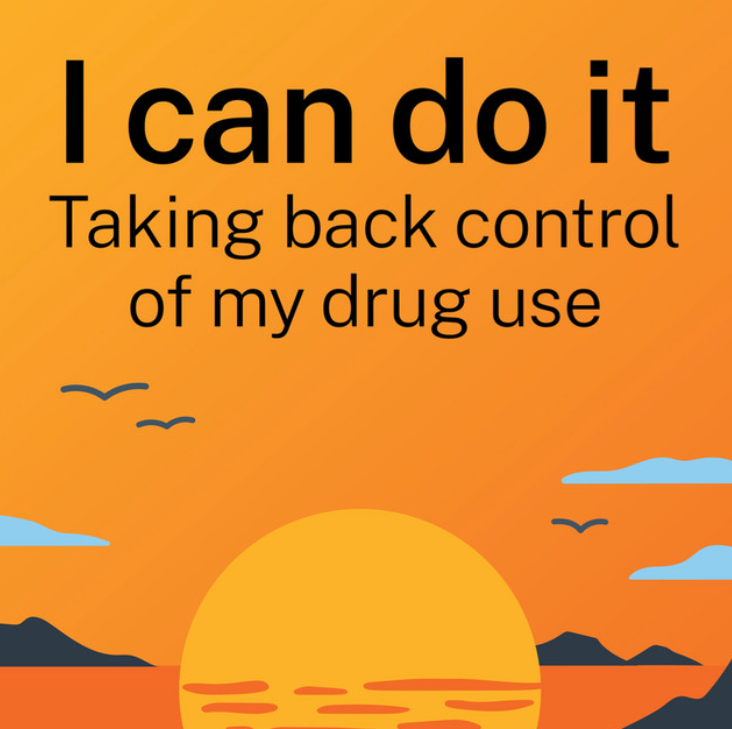TRENDSPOTTER ‘23 WRAP
- Victoria Mackinlay

- Jul 5, 2023
- 4 min read
Updated: Jul 31, 2024
With weeks to go until the biggest event in Australia since the 2000 Olympics, leaders from business, sport and marketing gathered at the Art Gallery of NSW for Trendspotter ‘23 to soak up the latest trends shaping women's sport and witness a 'live case study in action' with Football Australia.
Kerry Turner, Manager, Participation and Partnerships at the Office of Sport opened with “Women's sport isn't just having a moment in Australia. Ladies and gentlemen, women's sport is the moment!”
First in to bat were Toby Boon, Director of Strategy & Client Solutions at Nine, Andrew Condon, Managing Director at Gemba and Jane Combes, National Head of Strategic Investment and Partnerships at OMD who shared the most recent consumer trends. Key learnings and opportunities included:
even with cost-of-living pressures, 80% of Aussies want to see brands deliver on social equality.
despite a decline overall in TV watching, live sport still delivers audiences at scale with the top 7 all TV programs watched in 2022 being sporting events.
over 7 million sports fans watched women’s sport in the past year.
the conversion of existing sports fans to women’s sports is the ‘low hanging fruit’ and key to further growth.

Toby predicted that in the next six to 12 months woman’s sport is going to continue to grow “I think we're going see fantastic success from a lot of Australian women at an elite level in the coming few months, and I think that's going to drive more and more interest and investment,” he said.
The ‘live case study in action’ was knocked out the park by Tom Rischbieth, Head of Commercial and Events, Football Australia as he shared the organisations’ clever collaborations with LEGO Australia, Cadbury, Nike, Rebel, Colette and Smiggle. These long-term partnerships are shaping the post-World Cup legacy, with brands getting on board with Football Australia’s 50:50 gender participation goal by 2027.

Throughout the day, a resounding theme was ‘stories reign supreme’. This came through in almost all the presentations with Jane declaring: “We want the story behind the win. This is what sets women’s sport apart. Storytelling is the most exciting space to be in”. Andrew revealed that “Accessible non-live content can play a key role in deepening the engagement of women’s sport fans, by putting a spotlight on player skills, stories and rivalries. Beyond live matches, 58% of women’s sports fans want more non-live women’s sport content. They want to see and hear about player personalities and individual, diverse stories.” He warned that women’s sport shouldn’t replicate men’s - this is a missed opportunity.
Andrew said that sponsorship of women’s sport is more likely to lead to better brand outcomes compared to sponsorship of men’s sport as it:
generates higher sponsorship awareness
significantly impacts perceptions of the brand
has a positive impact on propensity to purchase.
Jane forecasted that brands should also embrace new tech and look at innovative ways to tell stories through the Metaverse and AR tech.“In the Metaverse you will be able to join into the athlete’s story.”
Speaking of stories, one of the most powerful sessions was the ‘Visibility Matters panel’ where broadcaster Stephanie Brantz interviewed Marlee Silva, Author, Presenter and Commentator, Ellie Cole, Paralympian, Presenter and Inclusion & Disability Advocate, Rana Hussain, Broadcaster and Champions of Change Coalition Manager and Chloe Dalton, Olympic Gold Medallist and Founder of the Female Athlete Project who shared their experiences and called for greater diversity of visibility.
Ellie spoke about the unusual experience of invisibility during the London Paralympic Games, where the ‘Welcome the Superhumans’ campaign had its effect. “I was walking in London with a friend who had no arms and no legs, and another friend who had no legs. We didn’t get like a second look in the streets of London. I couldn’t believe that. I’d never been anywhere where that hasn’t happened before.”
Rana said: “From a marketing sponsorship and storytelling perspective, specificity is so important. Zoom in on the details of the person. By and large, women want to see themselves.”

Disney’s ‘Matildas: The World at our Feet’ was an exemplar in terms of authentic storytelling, weaving LGBTQIA+ and Indigenous stories seamlessly through its narrative, as discussed and lauded by sports journalist, Sam Squiers and Sarah Walsh, Head of Women’s Football, Women’s World Cup Legacy & Inclusion, Football Australia and former Matilda, who both starred in the documentary.Sarah made the point that “our players are loved for their multidimensional nature. How a story is told to reflect their depth is really important.”

Will Koukouras, National Director of Sport & Entertainment, Publicis Groupe and Marijke Spain, Associate Creative Director, Leo Burnett ran the home stretch, dissecting examples of award-winning advertising campaigns using women’s sport and female athletes.
Some were emotive, some used humour and were entertaining. Key takeaways: lean into emotion. Be entertaining. Take risks and create action not just lip service.
And a final word of advice for brands in 2023 from Sam Koslowski, Co-Founder ofThe Daily Aus (which linked back to an opening statistic that 80% of Aussies want to see brands deliver on social equality): “Display your social values. Stand for something. Your market/audience expects you to have a view on political issues. Don’t be a passive sponsor.”






Comments